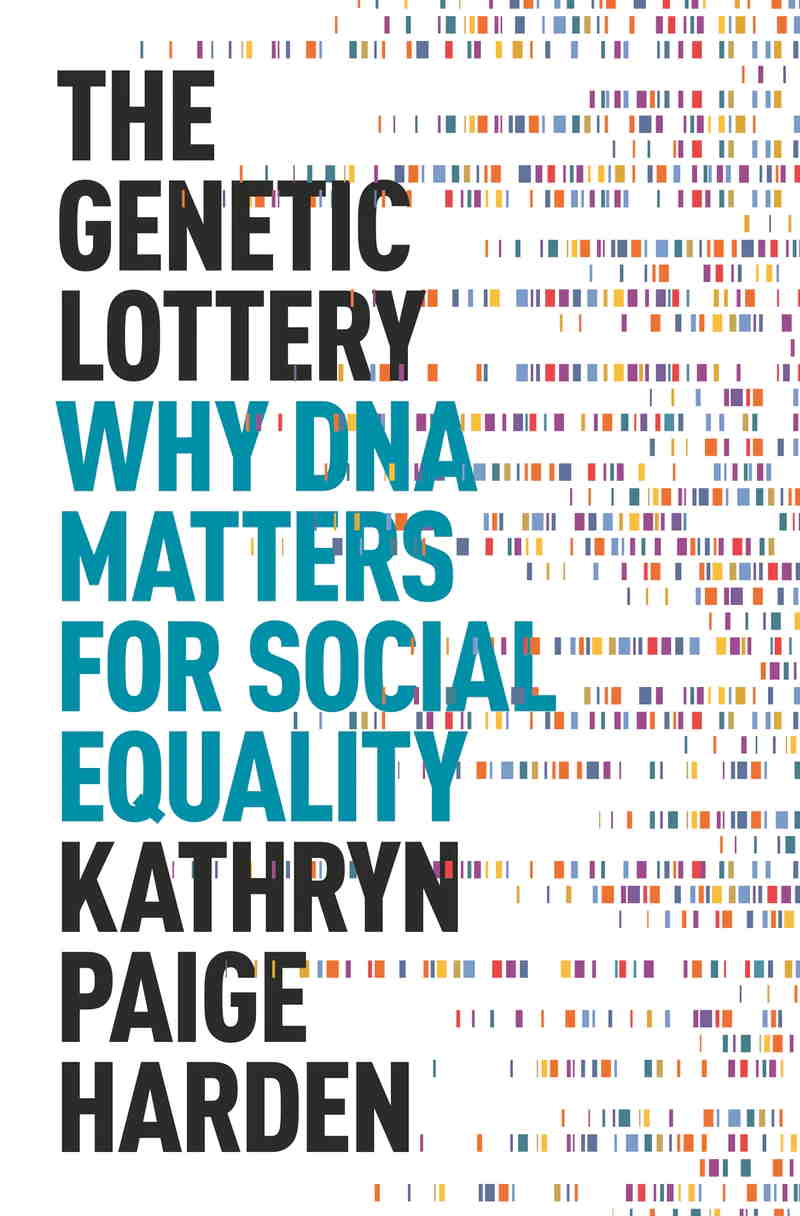‘Why Biology Is Not Destiny’: An Exchange
By Kathryn Paige Harden et al.,
The New York Review
| 05. 25. 2022
Kathryn Paige Harden, Nick Patterson, Victor I. Reus, and Henry D. Schlinger Jr., reply by M.W. Feldman and Jessica Riskin
In response to:
Why Biology Is Not Destiny from the April 21, 2022 issue
To the Editors:
Marcus Feldman and Jessica Riskin did not like my book. Or rather, they did not like a book called The Genetic Lottery by an author named “Kathryn Paige Harden,” but their review [NYR, April 21] so badly distorts my arguments that I have the curious impression that Feldman and Riskin somehow got their hands on another book entirely, an evil doppelgänger to mine. Therapists, parents, and the unhappily married would recognize the feeling I had upon reading their review the first time: it’s both vexing and bewildering when someone is spoiling for a fight about something you never said.
As a longtime reader of The New York Review of Books, I am surprised and disappointed that this review was published in such an esteemed outlet. Yes, “we all enjoy an intemperate paragraph of syntactically inspired bile,” to quote Zadie Smith, and Feldman and Riskin do deliver the bile. But I assume that, besides wanting to be entertained by vitriol...
Related Articles
By Diaa Hadid and Shweta Desai, NPR | 01.29.2026
MUMBRA, India — The afternoon sun shines on the woman in a commuter-town café, highlighting her almond-shaped eyes and pale skin, a look often sought after by couples who need an egg to have a baby.
"I have good eggs,"...
By George Janes, BioNews | 01.12.2026
A heart attack patient has become the first person to be treated in a clinical trial of an experimental gene therapy, which aims to strengthen blood vessels after coronary bypass surgery.
Coronary artery bypass surgery is performed to treat...
By Staff, ScienceDaily | 01.05.2026
Scientists at UNSW Sydney have developed a new form of CRISPR technology that could make gene therapy safer while also resolving a decades-long debate about how genes are switched off. The research shows that small chemical markers attached to DNA
...
Following a long-standing CGS tradition, we present a selection of our favorite Biopolitical Times posts of the past year.
In 2025, we published up to four posts every month, written by 12 authors (staff, consultants and allies), some in collaboration and one simply credited to CGS.
These titles are presented in chronological order, except for three In Memoriam notices, which follow. Many more posts that are worth your time can be found in the archive. Scroll down and “VIEW...




